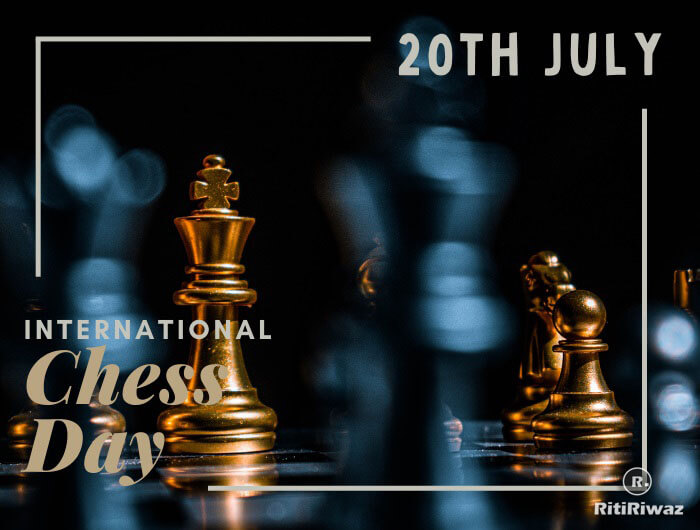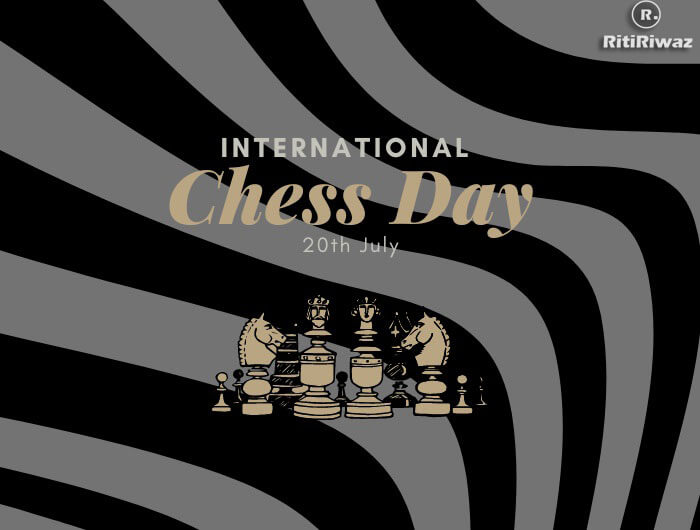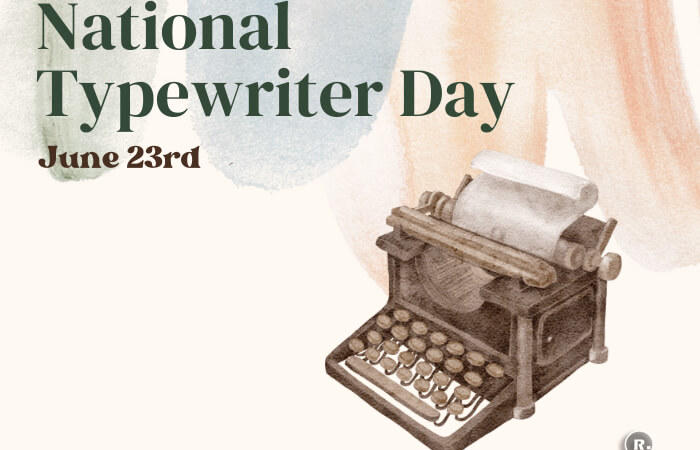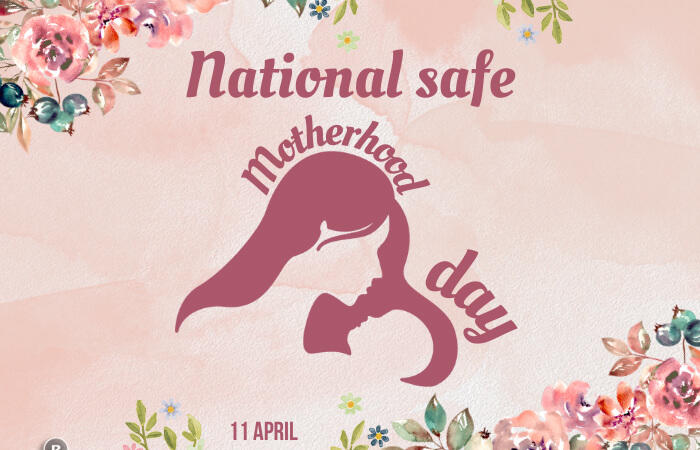International Chess Day – 20 July

International Chess Day is celebrated on 20th July all around the world since 1966. The is the founding day of the World Chess Federation (FIDE) in 1924 in Paris. Unlike our national sports teams, the FIDE is an international organization for the game that governs people and the game itself. The idea to celebrate this day as international chess day was proposed by UNESCO. The day got a further stamp of approval on December 12, 2019, when the UN General Assembly unanimously adopted resolution 74/22 designating July 20 as World Chess Day. International Chess Day is a special occasion that chess players use to make their communities aware of chess, its values, and its benefits.
Chess is a game of strategy and wits, the thinking man’s game. It is one of the rare games that has the ability to fundamentally change its players, it is a combination of sport, scientific thinking, and elements of arts. The day is celebrated by many of the 605 million regular chess players around the world and this number holds at approximately the same level in countries as diverse as the US, UK, Germany, Russia, and India. Chess also offers important opportunities in the implementation of the 2030 Agenda for Sustainable Development and the Sustainable Development Goals, including strengthening education, realizing gender equality and the empowerment of women and girls, and fostering inclusion, tolerance, mutual understanding, and respect.
Suggested Read: Indoor Kids Games to Kill Their Boredom
‘Chaturanga’ in India
The game of chess originated in India. It was called Chaturanga meaning “four divisions” in Sanskrit and originated between 319 to 543 CE in the Northern Indian Subcontinent and is believed to be the earliest predecessor of chess. It comprised 4 arms of the army – the infantry represented by the Pawn, the horse cavalry represented by the Knight, the elephant represented by the Rook, and the chariot represented by the Bishop.
The game then spread along the Silk Roads west to Persia. Around 600 CE, the game arrived in Sassanid Persia and was named Shatranj. By the year 1000, the game of chess had become widespread across Europe. For the next 500 years, chess remained very similar to the original Indo-Arabic game. Chess rose in popularity and the first tournament took place in London in 1851, with the world championship debuting in 1886.
In the over half century span between the first world championship and 1940, the title of World Champion was only enjoyed by five different players. For 27 years the title was held by the German mathematician Emanuel Lasker, who still maintains the record for the longest period as World Champion.
Chess has positive effects

Chess is a sport that has helped humanity to survive in times of crisis by improving mental health and reducing anxieties. Chess nourishes concentration and decision-making and develops problem-solving skills with ‘keeping calm’. Chess helps develops such skills as tactics, strategy, and visual memory.
– It stimulates the capacity of analysis and synthesis to carry out strategic plans.
– Promotes cooperation and solidarity.
– Teaches ethical values and respect.
– Stimulates creativity and imagination.
– Improves behavior, helping to understand the consequences of our actions.
– It is entertaining, helping improve moods.
– It is a low-budget game with excellent social inclusion for all ages.

“Chess is a war over the board. The object is to crush the opponent’s mind.” – Bobby Fischer!
Suggested Read: Important Days In July






